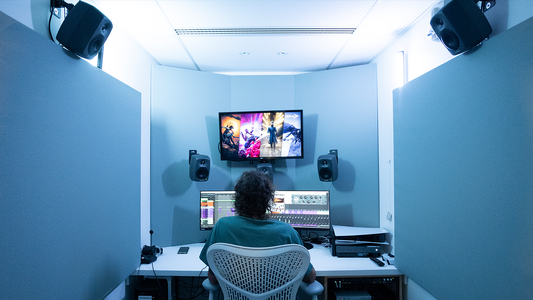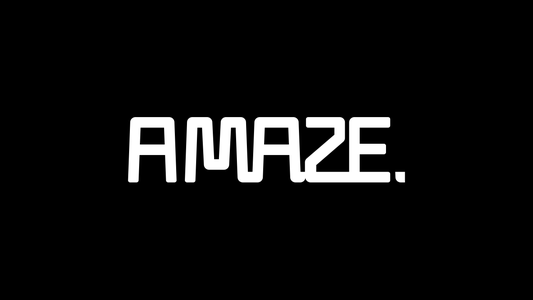(This Article was originally published on Designing Music NOW on May 16th, 2016)
The popularity of platforms like KickStarter and Early Access has given indie developers the opportunity to finance their game without approaching Publishers. However, since its early days, especially for KickStarter, it’s becoming increasingly more difficult to convince (justifiably) backers to part with their hard earned cash. So, making sure you have a realistic goal that can be met (and with any luck exceeded), is paramount. As a Composer and Sound Designer for games, I’ve been asked many times for my rate(s) in anticipation of a crowd funding campaign. Given the frequency of these requests and viability of these new platforms to at least initially fund your game, I want to share my thoughts on the things you should consider when determining the audio portion of your total budget.
**Rather than write a “traditional” article, I’m going to list out the consideration points, as I feel like that’s the best way of providing you with the information you may need.
**Disclaimer: These numbers are derived from my own personal experience in the game industry. Other game audio designers and composers may have different numbers than the ones listed in this article. The differences in price can be influenced not only by experience level, but also one’s location, living expenses, and other factors.
First and foremost, I feel like it’s worth mentioning that most games have tended to allocate between 5 – 15% of their total budget to audio. Sometimes more if the audio plays a very large role in the game, but rarely less than 5% unless audio isn’t needed or they decide to use widely available/cheap stock audio. In addition to this, it may also be beneficial to know that some audio professionals offer package discounts if they’re hired to cover more than 1 service (music, sound effects, voice over). So, if you want to hire one person or company to take care of the audio for your game, you can plan to subtract anywhere around 5% of the total audio costs from the amount you’d allocate toward your crowd funding goal.
Music
Ownership of Music – License vs Work For Hire
Something you should take into consideration that will affect the cost of the music is whether you want to own it wholly or if you’re fine with a licensing option. Many Composers’ licensing rates are significantly less than their W.F.H.; perhaps even four to six times less.
Exclusive & Non-Exclusive Licensing Agreements exist and usually differ in price. With non-exclusive usually costing less in exchange for the ability to place the created music in a library or other media.
Temporary exclusivity can be worked into an Agreement as well. Something between 6 months and 2 years (after the game’s release) is relatively common. In addition to this there can be game exclusivity, which specifies that the created music can be licensed in other media (film, tv, etc.), but not another game.
Soundtrack
This is also something to take into consideration, as the % the Composer receives from Soundtrack sales will change and is primarily determined by the negotiated rate (which in turn tends to determine the Agreement type).
Another thing to keep in mind is whether the Soundtrack will be included as a Backer reward and if the Composer will be compensated for this.
Composer Fee (Original Rate)
Understand that Licensing Rates tend to be significantly less than W.F.H., I’ll list some standard W.F.H. rates below.
Elite Composer ~$2,000 + per minute of music
Mid Tier Composer ~$1,000 – 2,000 per minute of music
Emerging Composer ~$500 - $1,000 per minute of music
Per minute of music isn’t always the best way of defining the amount of music your game needs (especially if it’s highly interactive), but it’s a good starting place.
Live Musicians
Most good session musicians cost ~$100/hour, however great musicians or popular/big name artists can cost more. Great musicians can usually record ~5 minutes of music per hour; perhaps less if it’s very difficult & maybe more if it’s very simple.
This rate can be reduced if you’re hiring multiple musicians and/or if you record in other parts of the world. Your Composer will know more about this.
Score Preparation
If you opt to use live musicians (which I always recommend) then there’s prep work involved. Orchestrating, creating charts, etc.
There are primarily two ways to go about this.
If it’s very simple & only calls for a few soloists, then your composer may opt to take care of it; with the price either included in his/her original rate or as a negotiated hourly rate.
If it’s very complex and requires multiple musicians (perhaps an orchestra) then this requires additional professionals to be involved. It’s hard to calculate the cost in these situations, as they all differ so much, but discuss it with your Composer.
Recording Engineer and Studio
A solid studio for a soloist (or a few musicians) may run around ~$50/hr where as bigger studios with large rooms and high




































